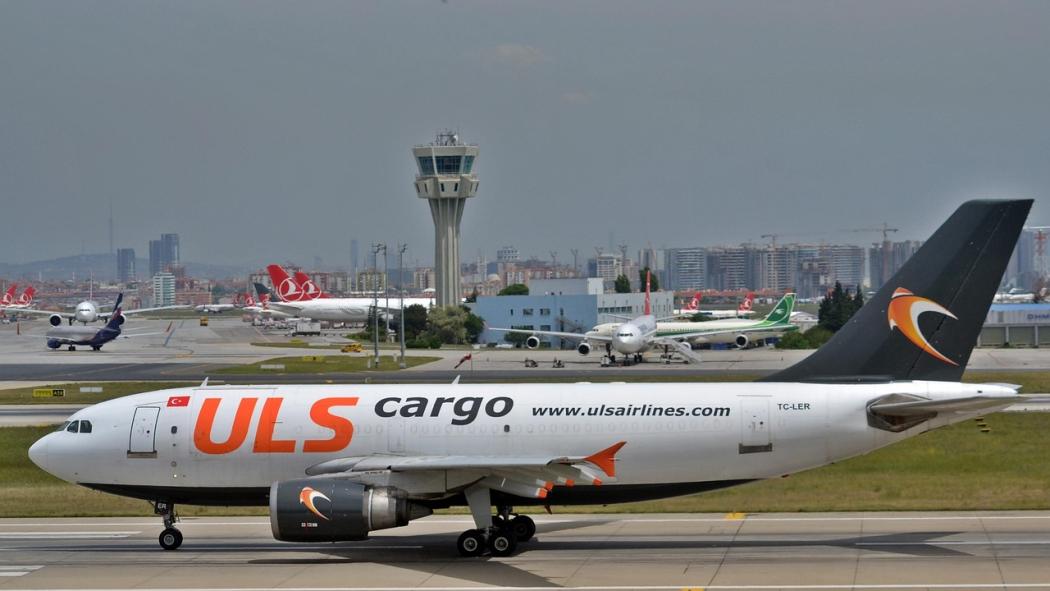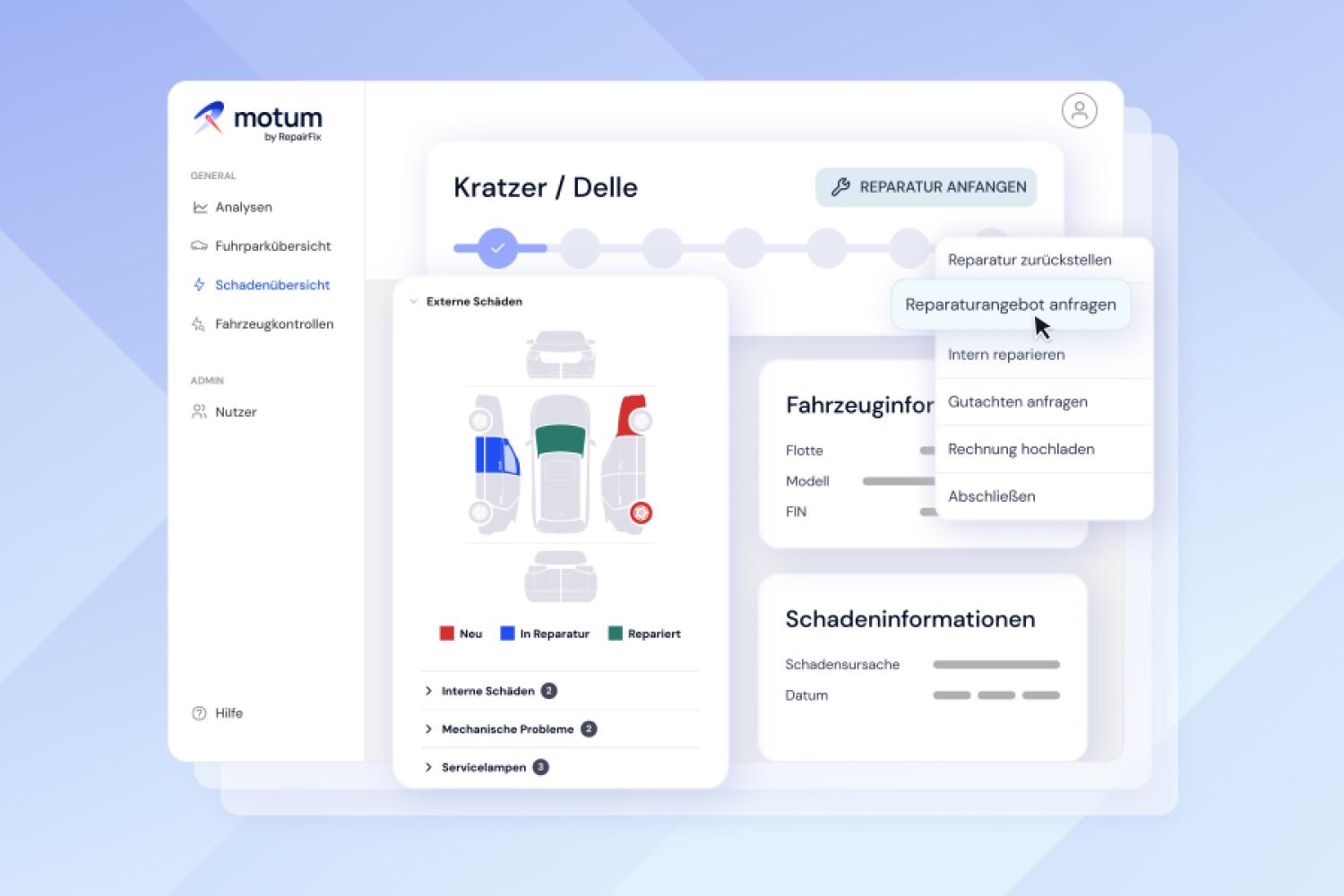The German Aviation Industry Association (BDL) sees the future of Germany as a cargo aviation hub in jeopardy and has released a comprehensive action paper aimed at strengthening international competitiveness. The association receives support from the Association of German Air Cargo Handlers (VACAD), which particularly sees a need for reform in the interpretation of European security requirements.
In the paper "Strong Air Cargo for a Strong German Economy," the BDL identifies key areas of action: rising location costs, inconsistent implementation of European regulations, restricted operating hours at airports, and delays in customs clearance and tax collection. The industry has been observing a shift of freight flows to neighboring countries with more favorable conditions for years, the paper states. Already today, many shipments destined for Germany are being handled via foreign hubs.
"Every fourth euro in foreign trade with countries outside the EU depends on air cargo. Those who want to push the German economy forward again must not forget the logistics behind it," explained BDL CEO
Dr. Joachim Lang.
The location conditions in Germany increasingly lead to competitive disadvantages, also warned Dr. Pierre Dominique Prümm, board member of Fraport AG and head of the relevant BDL project group:
"While air cargo is growing worldwide, Germany is lagging behind."
The situation is reflected in the numbers: According to the Federal Ministry of Transport, only slight growth of 1.1 percent to around five million tons of air cargo is expected in 2025, while the International Air Transport Association (IATA) forecasts six percent growth globally. Already in the previous year, Frankfurt had to relinquish its position as the largest European air freight hub to Istanbul.
VACAD calls for equal treatment at the EU level
The Association of German Air Cargo Handlers explicitly supports the demands formulated by the BDL and warns about the consequences of national special regulations.
"Safety is the highest priority in aviation. However, a stricter interpretation of EU rules in Germany does not lead to more safety, but to a massive competitive
disadvantage," said Claus Wagner, Chairman of the Board of VACAD.
VACAD points to specific problem areas: reliability checks, approval of new control techniques, training for air security control assistants, and special control procedures lead to additional efforts in practice without yielding a security gain.
"We urgently need a level playing field at the European level and accelerated processes like the digitization of the process chains at the Federal Aviation Office (LBA). As long as this is not addressed, Germany will continue to lose ground compared to neighboring EU countries," said Wagner.
Billion-dollar investments meet weak framework conditions
Despite the difficult initial situation, airports and airlines continue to invest in their infrastructure. Lufthansa Cargo is modernizing its terminal in Frankfurt for around 600 million euros, DHL has invested more than 100 million euros in the expansion at Munich Airport in 2024. Leipzig/Halle is also being expanded for around 500 million euros. The operator Fraport is pursuing a long-term strategy with the "Masterplan Cargohub" for significant growth until
2040.
To secure these investments, the BDL calls for decisive action from the federal government. The five-point program includes reducing air traffic control fees, a practical implementation of EU climate policy, and simplifying customs processes. In addition, operating hours at air freight hubs should be secured in the long term, and import turnover tax should be reformed according to the European model.
Michael Hoppe, Chairman of the airline association BARIG, sees these measures as a prerequisite for maintaining international competitiveness:
"For international airlines, the attractiveness of Germany as a freight location has significantly decreased recently. Other air freight locations particularly benefit from this."
The political foundation for improvements is already in place.
"Germany could easily catch up. The national and European framework conditions offer the appropriate leeway," said Hoppe.
The BDL demands that air cargo be considered from the beginning in the federal government's planned national aviation strategy. Only this way can it be prevented that Germany falls further behind in the globally growing freight business.






